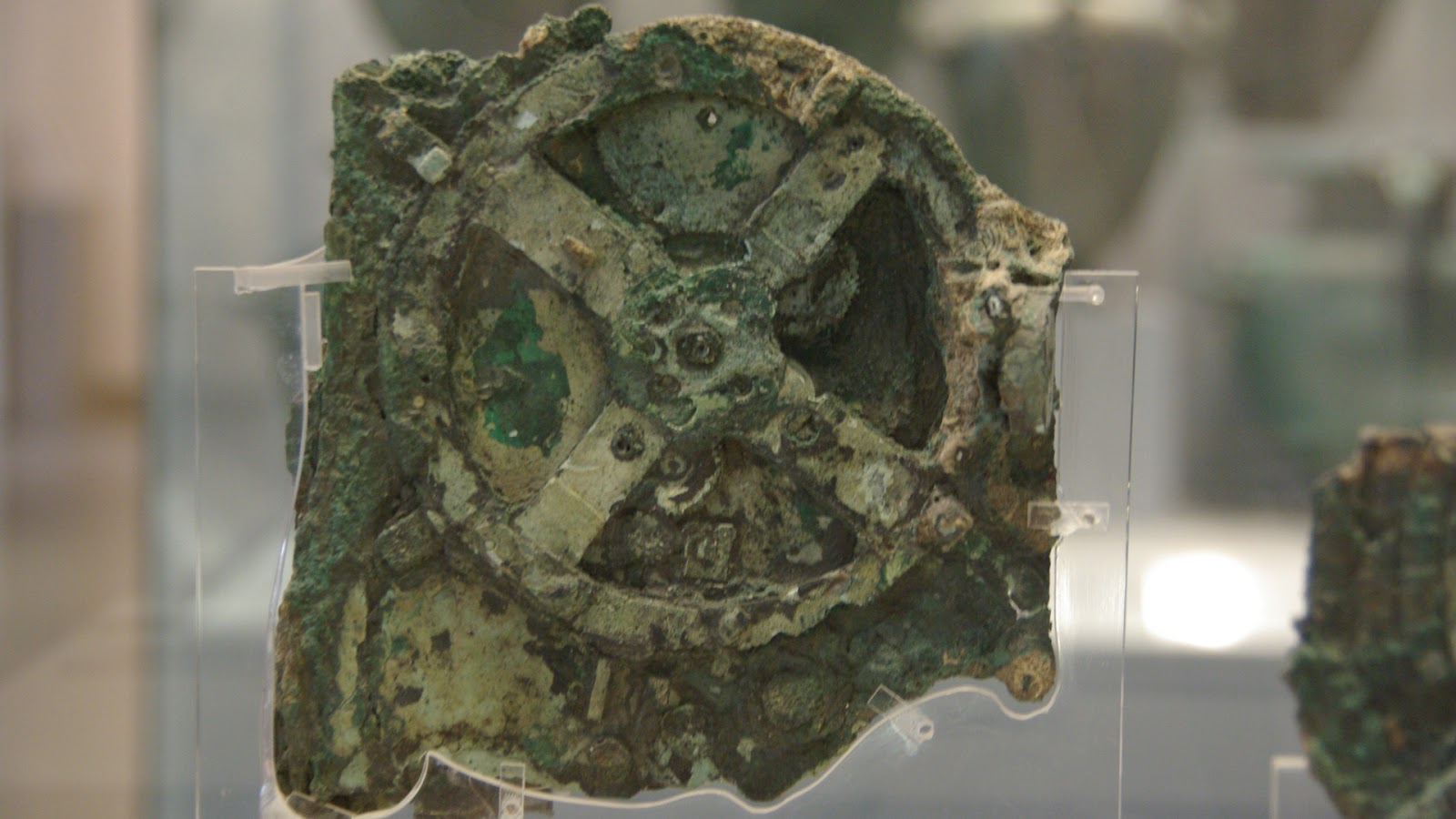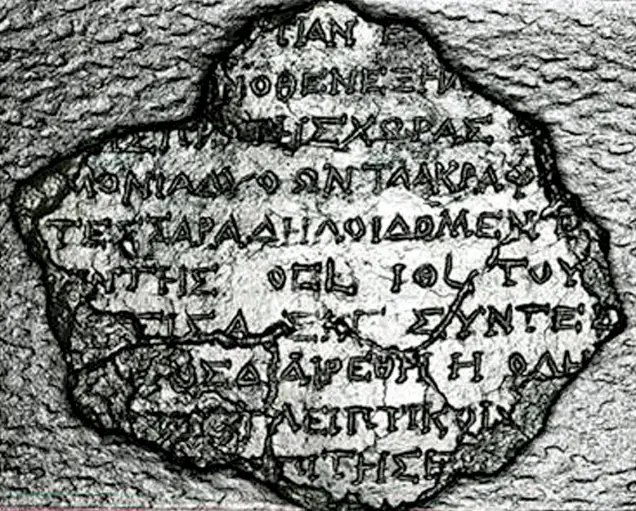Ancient History
New Finding Adds to the Mystery of this Ancient Astronomical Computer

A new study suggests that the mysterious Antikythera mechanism is even older than it was previously thought.
The mechanism was discovered in 1901 in an ancient shipwreck near Crete. Its origins still remain a mystery, but it is believed that it could serve as an astronomical calculator. The complex clock-like mechanism consisting of 37 bronze gears was most likely used to track planetary positions and accurately predict lunar and solar eclipses. It also tracked the dates of the Olympic Games.
What is the most amazing about this ancient device is that it was centuries ahead of its time. The complexity and the unbelievable accuracy of the mechanism make it more advanced than any known similar device of the time when it was created and for centuries afterwards.
When, where and by whom was it built? Science does not give a solid answer, but some experts suggest that it might have been inspired by one of the legendary scientists of the Greek antiquity – Archimedes, Hipparchus or Posidonius. This is also consistent with a study conducted in 2008 which examined the language inscribed on the mechanism and concluded that it must have been manufactured in Corinth or in Syracuse, where Archimedes lived. As for the date of manufacture, the engravings on the box the device was housed in were estimated to date between 80 and 90 B.C. But more recent estimations of the age of the letters in the inscriptions suggest a date of 100 to 150 B.C.
Now, Dr. Christian Carman of National University of Quilmes in Argentina and Dr. James Evans of the University of Puget Sound in Washington suggest that the Antikythera mechanism’s calendar started in 205 B.C., just seven years after Archimedes’ death.
The scientists compared the mechanism’s eclipse patterns with the Babylonian eclipse records and found that the starting point of the device’s calendar was 50-100 years earlier than previously thought. Moreover, it appears that the eclipse prediction scheme was based on Babylonian arithmetic, and not on Greek trigonometry, which did not exist at that time yet.
The new finding also makes the connection of the Antikythera mechanism to Archimedes seem even less likely, as the Antikythera wreck, which involved the ship that was carrying the device, took place between 85 and 60 B.C., and Archimedes was killed in 212 B.C. Of course, the device could have been built with a starting date set many years before its manufacture, but it does not make sense because in this case its accuracy would have been significantly reduced.
Earlier this fall, an international expedition travelled to the site of the shipwreck and made a number of remarkable finds. They plan to return in the spring. Who knows, maybe the findings from that trip will disclose more about this mysterious ancient device.
ABOUT THE AUTHOR
Anna LeMind is the owner and lead editor of the website Learning-mind.com, and a staff writer for The Mind Unleashed.
Typos, corrections and/or news tips? Email us at Contact@TheMindUnleashed.com

